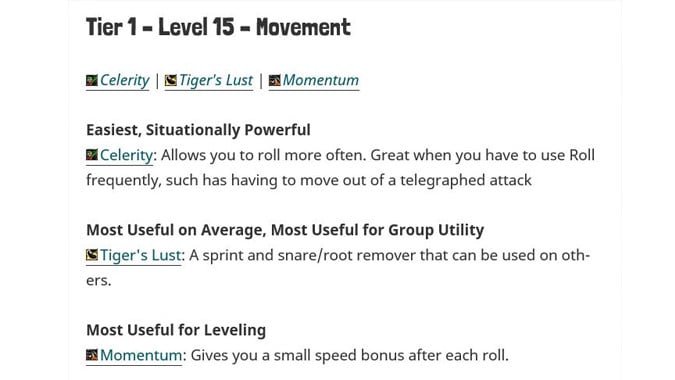The community weighs in on cookie cutter builds

I looked at a particular aspect of toxic behavior in the first and second articles of this series: how players can feel forced into certain talent or gear choices. About 40% of respondents felt it was unacceptable for teammates to venture outside cookie cutter builds. However, when given more context about talent and gear options, those negative attitudes dropped by 75%! This isn’t about the existence of cookie cutter builds being detrimental to the community, which I don’t believe they are. The problem happens when building outside the cookie cutter norm is not allowed.
But that’s enough about me and my interpretations! The community responded to this topic, raising (and answering) questions that contribute to this problem. How has the history of Warcraft shaped today’s behavior? Which audience should someone write for? Can the same guide accommodate both? How do player demands affect guides and their authors? What are the dangers of having too few theorycrafters? How can we make sure the right advice gets spread by “Class Experts” ? Are guide writers to blame?
(Spoiler: no!)
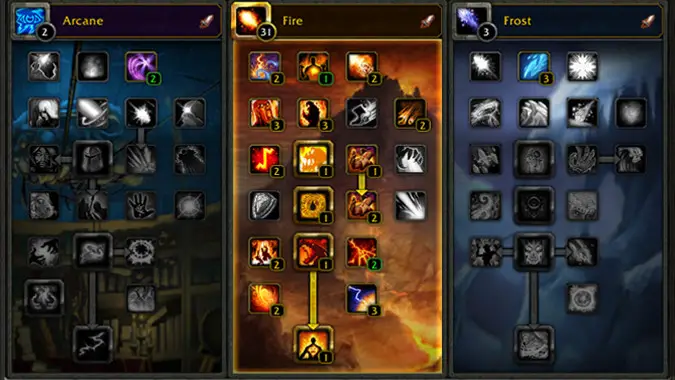
History shaped today’s landscape
Vanilla talent trees. Remember those? Their complexity made cookie-cutter build popular — some might even say necessary. Today’s talent trees, while simpler, live in the world we created where there is one right answer… one best talent.
Have you noticed lately that people tend to not challenge existing norms? Ryethe from Midwinter puts some of the blame on Elitist Jerks (EJ), which you may remember was the go-to site in early WoW. It was a great resource for information, if you were willing to read through all 372 pages of responses before asking a question or making a comment, unless you wanted to get banned.
https://twitter.com/Ryethe_MW/status/675033744093388803
We have so much theorycraft at our fingertips, we now expect people to have an intimate understanding of it and play exactly as prescribed. Take boss guides as an example: not only are team members required to watch the boss video, you’re expected to use that strategy. Anything else is not the right way to do it.
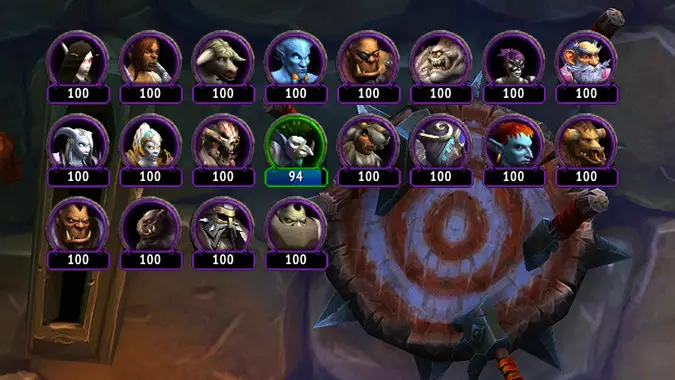
Catering to the audience
“So… who is going to read my guide and what should it say?” This seemingly simple question can be quite difficult to answer. MagdalenaDK‘s examples show how advice differs depending on the intended audience:
When I think about guide writing, I’m struck by the duality of leading a community of DK theorycrafters on one hand and also having written “fresh to 100” guides for new players. If you know me well enough, and were to read my Wowhead guides right now you’d probably be horrified. I commit cardinal sins such as letting people think an absolutely awful talent like Plaguebearer is an option.
Theorycrafters also have to anticipate the level of detail people want in a guide. It can be a real struggle to provide enough information for readers to form their own opinions without forming a wall of text. Some sites have experimented on formats that merge quick guides with the option to dig into details. I’ll review some of my favorites in another article, but for now check out how information is presented in SunnierBrew‘s and Ravenholdt‘s guides.
Outside pressures
The community often demands a single-best answer from guides and theorycrafters, as Binkenstein points out.
Players demand to know the absolute best answer and won’t settle for anything else. I have had multiple questions on some of these subjects and have since decided that the sheer amount of time invested in some of them are not worth the effort (trinket rankings and best in slot lists). Other writers I have spoken to have bowed to pressure from players to change their guide to match the “accepted” preference, even when there is virtually no difference.
We’re all human, and constant badgering to conform can wear on even the thickest skinned people. SunnierBrew explains:
As a writer of guides, I’m often faced with community pressure to align my words with the accepted choices. And because of the type of non-confrontational person I am, I often cave to meet that pressure, against my greater goals of teaching understanding over insisting on a single correct choice.
Offering anything other than the “one best option” can be an uphill battle, as this throw-back video demonstrates.
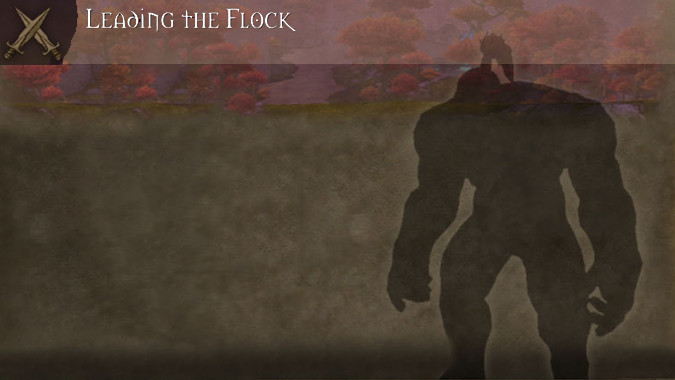
LFM theorycrafters
Nearly every theorycrafter agrees that we need more people theorycrafting and writing guides. Last year, Haileaus explored the dangers of having so few theorycrafters:
To put it bluntly, nowadays most classes only have a handful of people doing the vast majority — we’re talking on the order of 95-100% here — of the top level theorycrafting. While every class still currently has access to high level theorycrafting that will tell them how to play, World of Warcraft may be one accident away from being without a major theorycrafting powerhouse backing each one of its classes.
If more people were involved in these areas (which is something many of us regularly say on Twitter) then I believe the WoW community as a whole would be better off.
The tools we use as theorycrafters can be a bit overwhelming for most people. This creates a barrier to entry, limiting the number of potential theorycrafters. Some people get past that and bravely jump in anyway. And from SunnierBrew:
I’m not a theorycrafter; I don’t come up with mathematical proof that one choice is better than another. Rather, I prefer organizing and teaching subjective play.
Peer-review is also important, but is hard to find when the theorycraft community is dangerously small. Threads like this are very helpful — Fierydemise on Ravenholdt listed out all of the mechanics that needed testing in order to verify that they were implemented correctly. This opens up the testing to a larger audience, not just other theorycrafters.
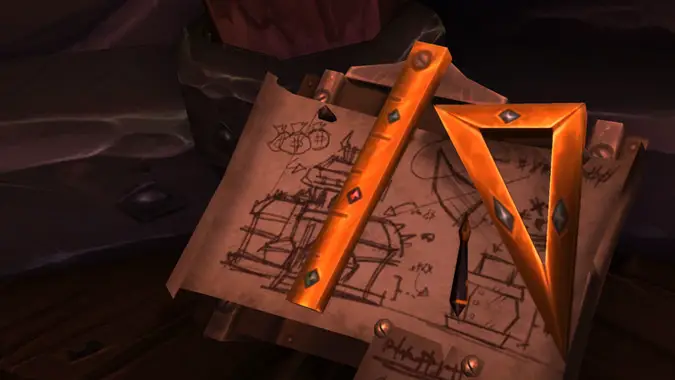
The vital role of “Class Experts”
These people play a vital role: they help spread information and advice on forums (and other media). However, there are a lot of nuances about each spec’s rotation, talents, and gear… and knowing every tiny detail is near impossible for any one person. I think the sudden surge of Discord chat rooms in particular will make theorycrafters more accessible and open up more discussions. Callimonk explains:
We swapped to Discord because people complained IRC was too difficult to set up (due to most clients just not being too great).
Expert advice relies on access to updated information. How well a guide is maintained is dependent on each author. And it can be a frustrating exercise for a reader to determine if a guide is up-to-date, as Coffee Cakes and Crits describes:
The only way to get more current information is to dredge through forums, blog comment sections and dark hallways with envelopes full of cash.
I tend to have immediate confidence in sites with a lot of activity, like How To Priest or Altered Time (just to name a fraction of them). Individual blogs that have recent posts also give me confidence, but if there aren’t recent posts, I have to investigate more to find out if the guide is up-to-date.
There’s also another problem, pointed out by Delirium, regarding a player’s skill level.
If you don’t know how good/efficient the player asking for help is, you have no way of knowing which talent they should switch to for more DPS. If instead, you gave them help with improving their rotation, their focus management, their movement management, etc., they’ll have a much, much greater chance of improving, and likely start seeing higher DPS almost immediately.
On that note, Agurthewise compiled a list of metrics to analyze each class via logs.

To guide writers
I want to direct a little message to guide writers. My previous posts talked a bit about one of my theories: providing more data in guides might subdue some of the negative attitudes. I didn’t mean to imply this was the guide writers’ faults, though I see how my articles could have lead to that conclusion.
I’m sorry! I didn’t mean to pile on to the pressures you already face. We (as readers) already expect you to have super-human abilities: to be math experts, have critical thinking skills that draw perfect conclusions, and be good at explaining those findings in simple terms to us. Oh, and don’t forget we also expect you to have an infinite amount of free time to keep up with your work. That’s a lot to ask. You do an incredible job of meeting those demands. I /bow to you.
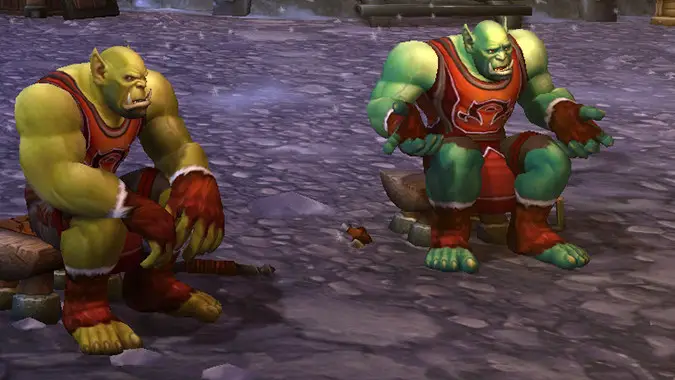
Responses
There were a lot of responses to my last article, and all of them are excellent reads. If I missed any, let me know so I can add them in. Each of these takes about five minutes to read. These are listed in alphabetical order:
- Binkenstein: What players expect and guide writers aren’t to blame
- Coffee Cakes and Crits: Writes from a player (not theorycrafter) perspective
- Delirium (Thrill of the Wild): Focus advice on skill more than talents
- Hunting Party Podcast: Discussion of these articles, related to Hunters (I was a guest on their show)
- MagdalenaDK: Cookie cutters builds are a good thing & catering to different audiences
- Mash Those Buttons (podcast): At 48:00 they talk about the article as well as social pressures and experimentation
- Ornery Raid Leader: Talents and the illusion of choice
- Phil Moorhouse (video): Basic theorycrafting principles (for the beginner) and how to help people seeking advice.
- Rohan (Blessing of Kings): Cookie cutter builds serve as a ‘proof of competence’ when recruiting raid members / pugs
- Sunnierbrew (Sunnier’s Art of War): Guide audiences & social pressure to conform
- Talarian: How game design influences player behavior
- The Training Dummies: A discussion on this topic (I was a guest on their show)
- Thuggs (Warcraft forums): Makes a case for situationally strong talents in two different posts.
Please consider supporting our Patreon!
Join the Discussion
Blizzard Watch is a safe space for all readers. By leaving comments on this site you agree to follow our commenting and community guidelines.
 @Zoopercat
@Zoopercat